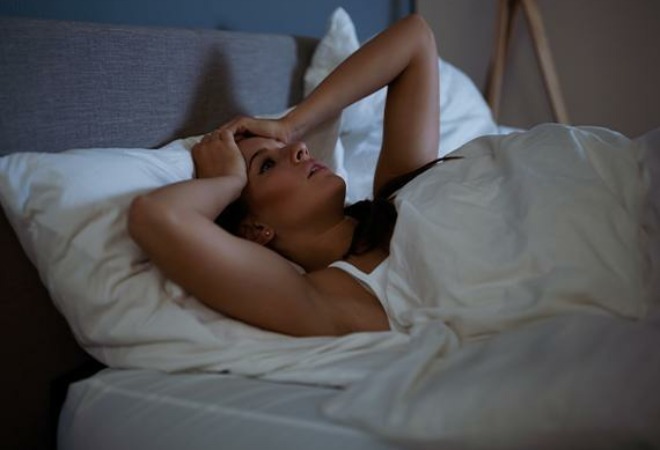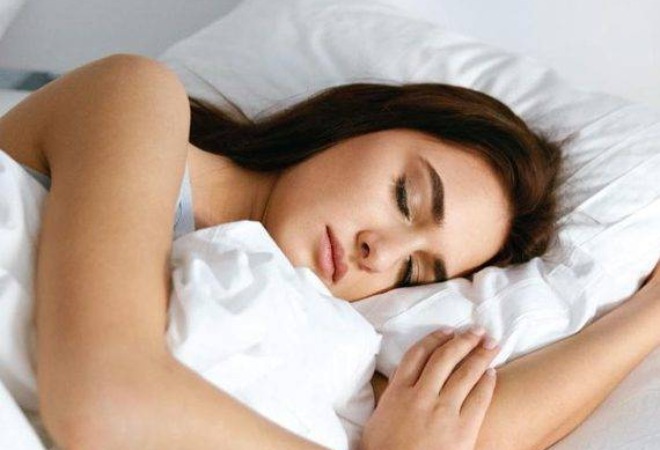Sleep is so important, so you can function to the best of your ability at work. We spoke with ‘Mind Bright’ founder Kristy von Minden to understand the impact that sleep has on your work performance. Kristy shares her top tips as to how to improve your sleep quality.
sleep and work
Supercharge your work performance with better sleep
Scientific research confirms that getting enough sleep, both quality and quantity, is one of the most important things we can do for optimal health. Not only does sufficient sleep restore and fortify virtually every system in the body, but it also powers the mind, greatly increasing our ability to perform at work.
The National Sleep Foundation’s guidelines advise that all healthy adults need between 7-9 hours per night, yet a new study suggests that as many as 40 percent of New Zealanders aren’t meeting this requirement.
Even just one night of poor-quality sleep has an immediate effect on our cognition. Research shows that when we don’t get enough sleep, our brain’s executive functioning is impaired, impacting our ability to:
- think clearly
- lead effectively
- make decisions
- learn and recall information
- focus
- be creative and synthesise new ideas
- problem solve, think laterally and innovatively
Lack of sleep also lowers our self-confidence, ability to fight off illness, regulate our emotions and handle stress effectively. All vital attributes which allow us to be present, productive and achieve success in the modern business world.
There can be many reasons we struggle to get a good night’s sleep, but in our busy, constantly connected 21st century lives, one of the most common is a build-up of stress.
If wanting to improve your sleep and stress levels so you can excel on the job, addressing your sleep hygiene – the habits and practices that are conducive to sleeping well on a regular basis – is a great place to start.
sleep and work
Symptoms of sleep deprivation
The most common symptom of sleep deprivation is feeling tired throughout the day. Other symptoms of sleep deprivation include:
- Forgetfulness and memory loss
- Reduced attention span
- Low energy
- Mood changes
- Impaired decision making
Symptoms will vary depending on the severity of sleep deprivation. The symptoms can also be masked by caffeine, so ensure you note how you are feeling when you aren’t drinking coffee or other caffeinated beverages.
sleep and work
Top five sleep hygiene practices
Caring for your mattress is important to ensure it provides you with a comfortable and healthy sleeping environment. Follow our three easy steps to help keep your mattress in pristine condition:
LIGHTS OUT
One of the biggest enemies of sleep in the modern world is too much light. Today, there is light all around us, bombarding us well into the night – our house lights, devices and even the buildings and streetlights out the window. Our brains have a tiny light-sensitive gland called the pineal gland, which produces melatonin to regulate our sleep and awake cycles. The production of melatonin is vital for making us sleepy, but because it is inhibited by the blue light from our devices and homes, we need to be conscious of triggering it with darkness or orange light.
Simple steps to encourage melatonin production
- Turn off the lights off in the house and go by candlelight or light the fire
- No technology after 8pm
- If you must use your device, adjust the light under the settings to an orange light from 7pm onwards each evening
- Keep electronics out of and lights off in the bedroom
TECH OFF
Another factor at odds with us getting sufficient sleep in the modern world is our constant attachment to our devices. While we are connected, not only are we exposed to blue light, but we are keeping our minds active and alert. For many of us, consuming the news and receiving emails and messages is enough to trigger our stress response.
Ideas to reduce our digital consumption in the evening
- Don’t take on mentally strenuous tasks in the evening, such as replying to or sending work/personal emails after 7pm
- Get your thoughts, problems and to-do lists out of your head and onto paper so your brain processes them before your head hits the pillow
- Switch your phone on flight mode at least two hours before you go to bed so your brain can unwind without distractions
STOP STRESS AND INVITE REST AND DIGEST
Our constant busyness, endless to-do lists, traffic and connection to our devices means many of us are activating the stress response (‘fight or flight’) numerous times throughout the day and too late into the evening. This can cause our brain to think danger is imminent and that it needs to stay on high alert. This prevents us from transitioning into ‘rest and digest’, our body’s relaxation response, which we need to activate to fall asleep. The key to managing stress and welcoming ‘rest and digest’ is to switch the ‘fight or flight’ response off when we notice we feel stressed during the day at work or in the evening, so our brains can feel safe and welcome sleep each night.
Strategies to switch off ‘fight or flight’
- 10-15 belly breaths – long, slow belly breathing, really extending the exhale, is one of the best ways science knows to send a signal to our brain that we are safe and to switch on ‘rest and digest’.
- Movement – get your heart rate up during the day, even just for five minutes, to burn off excess stress hormones and return your body to balance. In the evening, choose something gentler like a walk or restorative yoga to help quiet the mind and relax the body.
- Meditation – a great, scientifically-backed method to activate the body’s relaxation response. Even 10 minutes can make a big difference.
SENSE-CHECK YOUR BEDROOM
A quick scan through the key senses in the bedroom can help make sure you have all the ingredients for the perfect sleep environment.
- Sight – Make sure there are no lights in your room from electronic devices and ensure the room is as dark as possible. Black out curtains are a great option for those with streetlights outside their windows and to help you stay asleep longer in the morning in the summer months.
- Sound – Silence is best. Beware of any background noise in other rooms and be sure to get noisy bed partners to address their snoring with a doctor.
- Touch/comfort – Make sure your bedroom is nice and cool, ideally 18 degrees. Being too hot can interrupt our body’s ability to sleep soundly. Also, make sure you are comfortable, with a good quality, supportive mattress such as the new Sealy Posturepedic Elevate Ultra bed.
- Smell – Research shows essential oils can help activate the body’s relaxation response. Use a diffuser to slowly release lavender, chamomile, or bergamot.
COFFEE AND WINE LOVERS BEWARE
Anyone having sleep problems should avoid coffee and other caffeinated drinks after 2pm. Caffeine (found in black tea, coffee and even kombucha) triggers the release of adrenaline into our system which keeps us awake and alert. It has a shelf life of up to six hours and has been found to affect the quality of our sleep.
And although a glass of red wine (or other alcoholic drinks) might make you feel sleepy and make it easier to get to sleep, stick to no more than two glasses total. Anything over 1-2 glasses puts pressure on our system while we sleep to eliminate toxins, so the overall quality of our sleep is in fact greatly reduced with each extra glass. Alcohol blocks REM sleep, which is the most restorative type of sleep. With less REM sleep, you’re likely to wake up feeling groggy and unfocused. You may also find you wake up around 3am from all the sugar.
The good news for most of us is, just as one night’s bad sleep can negatively impact our health, we will just as quickly start to reap the positive benefits from even one night’s improved sleep. Simply knowing the impact an extra few hours shut eye can have on our health, happiness and performance at work may be all the motivation we need to turn our screens off an hour earlier and enjoy a sleep-in guilt-free when we can.
Simply answer a few quick questions and we’ll recommend the best mattress for your sleep profile. We can also send you a customised report, which you can take into a local Sealy stockist so you can experience your recommended bed.




